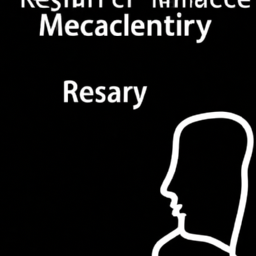Appeals Court Blocks Ruling that Jeopardized Preventive Care Coverage
In a major victory for the Affordable Care Act (ACA), the 5th U.S. Circuit Court of Appeals on May 15 temporarily blocked a March district court ruling that jeopardized cost-sharing required by the ACA for preventive care services. The blocked ruling would have allowed employers to deny their employees cost-sharing for preventive care services such as cancer screenings, PrEP, and other preventive care services.
The ruling stemmed from a lawsuit brought by the Little Sisters of the Poor, a Catholic religious order, against provisions of the ACA. The ACA requires employers to provide cost-sharing for preventive care services, including cancer screenings, PrEP, and other preventive care services. The Little Sisters of the Poor argued that the ACA violated their religious freedom by forcing them to provide cost-sharing for services that conflict with their religious beliefs.
In March, the U.S. District Court for the Eastern District of Texas sided with the Little Sisters of the Poor, ruling that the ACA’s cost-sharing requirement for preventive care services violated the Religious Freedom Restoration Act. The 5th Circuit’s May 15 ruling temporarily blocked the district court’s ruling and preserved the ACA’s cost-sharing requirement for preventive care services.
The 5th Circuit’s ruling is significant not just because it preserved the ACA’s cost-sharing requirement for preventive care services, but also because it highlights the importance of preventive care services to employers. By providing cost-sharing for preventive care services, employers can save money in the long run by keeping their employees healthy and productive.
For instance, preventive care services such as cancer screenings can help employers identify and treat potential health problems before they become more serious and expensive to treat. Likewise, preventive care services such as PrEP can help employers prevent HIV infections in their workforce, reducing the associated medical costs and lost productivity.
In addition to the financial benefits, employers can also benefit from providing cost-sharing for preventive care services by improving employee morale and loyalty. By providing cost-sharing for preventive care services, employers can show their employees that they value their health and well-being. This can lead to increased employee morale and loyalty, which can in turn result in higher employee productivity and lower turnover rates.
At the same time, employers should also be aware of the legal implications of providing cost-sharing for preventive care services. The ACA’s cost-sharing requirement for preventive care services is just one of many laws that employers must comply with when providing such services. Employers should make sure to consult with their Human Resources professionals for advice on complying with these laws.
In conclusion, the 5th Circuit’s May 15 ruling is a major victory for the ACA and for employers. By temporarily blocking the district court’s ruling, the 5th Circuit has preserved the ACA’s cost-sharing requirement for preventive care services, allowing employers to continue providing cost-sharing for preventive care services. This can help employers save money in the long run by keeping their employees healthy and productive, as well as improving employee morale and loyalty. However, employers should also be aware of the legal implications of providing cost-sharing for preventive care services and consult with their Human Resources professionals for advice on complying with the relevant laws.



